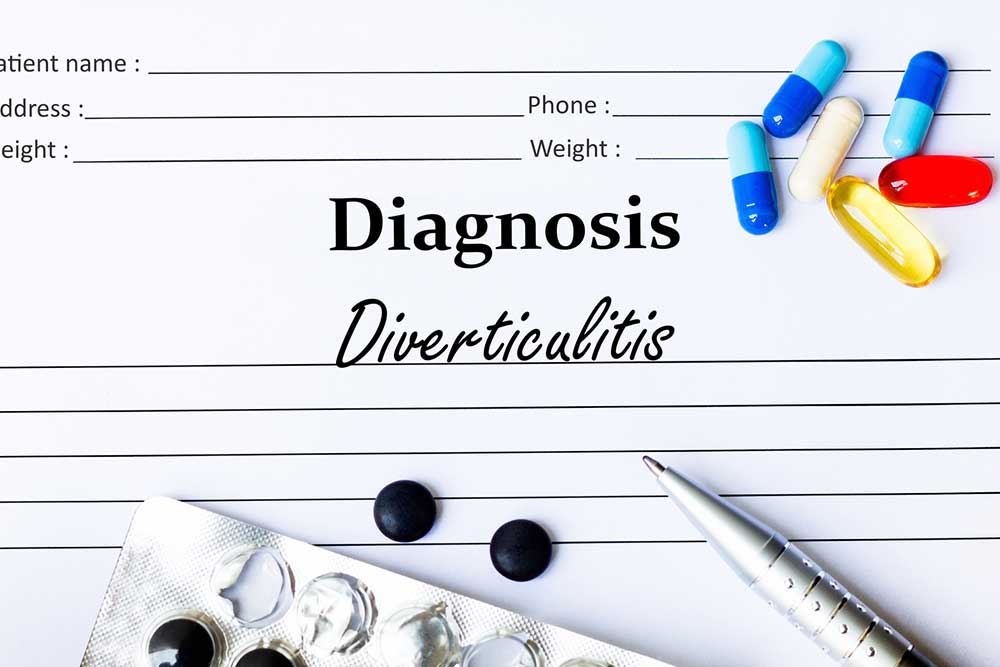7 Probiotic-Rich Foods to Try When Dealing with Diverticulitis
A gastrointestinal problem common in older adults is diverticulosis—the development of small pocket-like growths along the walls of the large intestine or colon. If these growths get infected, injured, or inflamed, they can cause sharp pain in the lower left abdominal quadrant. This condition is known as diverticulitis. When diagnosed with the condition, one can manage it with the help of treatment. An additional measure is adding probiotic-rich foods to speed up diverticulitis recovery.
Role of probiotics in diverticulitis management
While a balanced meal plan is essential for improving overall health, increasing the intake of probiotic-rich food could be beneficial while dealing with diverticulitis.

Strains of probiotics that may work best for diverticulitis include Lactobacillus acidophilus and Bifidobacterium lactis, which occur naturally in a range of foods.
Probiotic-rich foods
1. Yogurt
Along with being rich in probiotics, yogurt contains calcium, protein, as well as other nutrients that help improve overall health. To introduce this food to daily meals, one should opt for plain, unsweetened varieties of yogurt to avoid added sugar. One can combine yogurt with other nutrient-rich foods, like seeds, fruit, and nuts. One should also pick yogurts with live and active cultures for the best results. Both low- and full-fat yogurt can help with diverticulitis management. While full-fat yogurt contains more calories, it can be more satiating and delicious, making it more more appealing.
2. Sourdough bread
Certain strains of lactic acid bacteria found in sourdough starters are considered probiotics. This bread also contains prebiotics (food for probiotics), making it one of the best foods to heal diverticulitis quickly. Sourdough bread is easy to make, as it requires basic ingredients such as water, salt, flour, and yeast. That said, one needs to ferment the dough with a sourdough starter, which adds to the bread’s flavor and texture. The bread could be made more delicious with ingredients like avocado, hummus, or yogurt.
3. Sauerkraut
Cut and fermented raw cabbage, or sauerkraut, is another food that can provide the gut with beneficial bacteria. There are different ways that one could enjoy sauerkraut, including in sandwiches, salads, grain bowls, and egg-based recipes. Alternatively, one can resort to eating a few spoonfuls of this probiotic-rich food before or during meals. This crunchy and tangy food not only adds vibrance to daily meals but also helps with diverticulitis management.
4. Pickled cucumbers
Fermented pickles are among the well-known and highly preferred gut-healthy foods. They can be super crunchy sides or toppings. One could add them to summer salads and sandwiches. To prepare them, one needs to start by washing pickling cucumbers in cold water and cutting off both ends of all pieces. Next, prepare flavoring ingredients, like dill and garlic, and make a brine by boiling water with salt. Then, fill jars with the ingredients and pour hot boiling water into them to ensure that the cucumbers are fully submerged. Place the lids loosely over the jars and store them at room temperature for two to three days. Once bubbles start appearing and the cucumbers have a desired pickle taste, they are ready to eat.
5. Kefir
This is a common probiotic-rich beverage. One could find and buy kefir at a local store or online. One can have kefir as it is or pour it over oats, muesli, or cereal. Kefir can also be paired with fruits or blended into smoothies made with other ingredients. One can also try adding kefir to creamy salad dressings, iced yogurt, soups, and baked products.
6. Fermented beets
Pickled beets are easily available at local grocery stores, but they can also be prepared at home. These beets can be enjoyed chilled or at room temperature. They could be added to meals as a side dish. They can also be paired with feta cheese, salads, or a tangy garnish of cabbage, garlic, carrots, and vinegar. One could also slice fermented beets, layer them with hardboiled eggs, and add them to a couple of bread slices for a delicious sandwich.
7. Cottage cheese
Also considered one of the best probiotic-rich foods for diverticulitis management, cottage cheese is a versatile ingredient. As it has a soft texture and mild flavor, it is easy to combine it with a range of other foods. One could add cottage cheese to their favorite salads, top it with granola, and drizzle it with honey, or use it as a sour cream alternative. Cottage cheese could also be used as a dipping sauce or blended with milk and fruit to create a smoothie.
To find other healthy foods for reducing inflammation and improving gut health, one could simply look up “10 best foods to heal diverticulitis” on a search engine. That said, as everyone has unique nutritional requirements, it is best to seek the advice of a licensed healthcare professional before introducing any probiotic-rich food to the daily food plan.